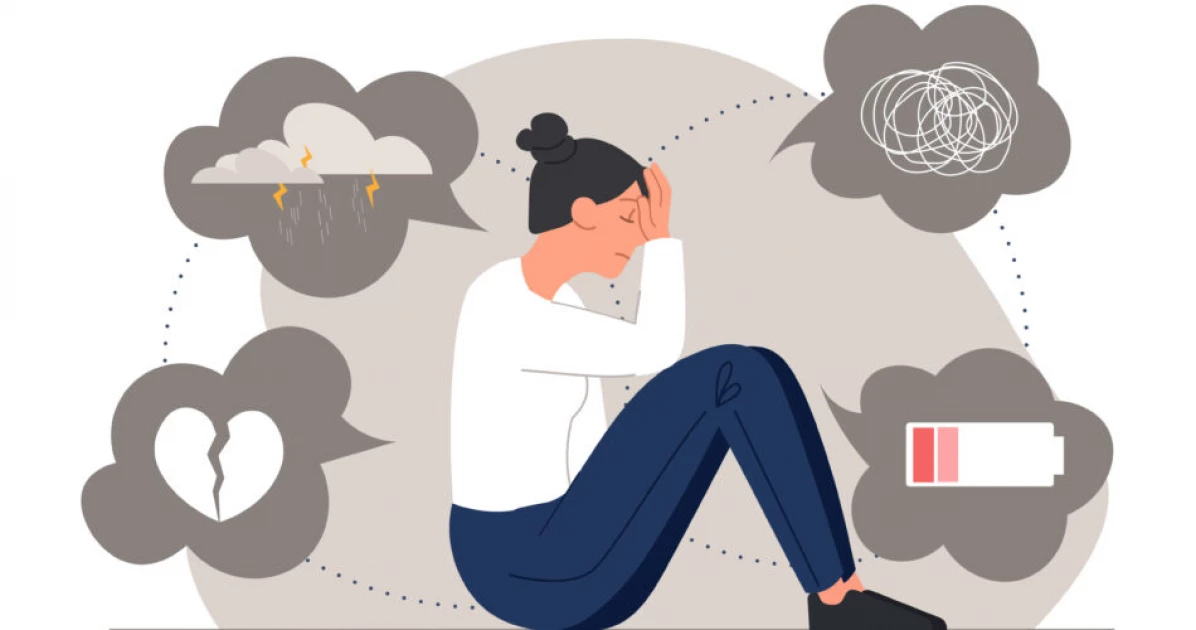Experts warn of rising filicide-suicide linked to mental illness


Audio By Vocalize
Beyond the shocking details, these stories reveal a deeper crisis simmering within families and communities: unspoken mental health struggles, mounting social pressures, and a silence that can turn deadly.
On September 3 this year, a 46-year-old mother set her house ablaze, killing her eight-year-old daughter before taking her own life.
In February, a Nairobi woman strangled her three children with bedsheets before hanging herself in Githogoro near Runda.
In April, Homa Bay was left reeling after a police officer fatally shot his two children and brother-in-law before turning the gun on himself.
And in Bomet last August, 12-year-old and three-year-old siblings lost their lives when their mother, Lorna Cherono, ended theirs before taking her own.
Family members later revealed she had been withdrawn and struggling silently with mental health issues. 'We knew Lorna was not mentally okay,' her uncle recalled, still shaken.
These tragedies have shocked neighbours and families alike, leaving behind haunting questions: Could the signs have been noticed earlier? Could the outcomes have been different?
Experts say the link between these tragedies and untreated mental health conditions cannot be ignored. Dessyline Michura, a mental health practitioner at Kenyatta National Hospital, points to conditions such as postpartum depression (PPD) and postpartum psychosis (PPP) as potential drivers.
“PPD or PPP is considered a psychiatric emergency,” Michura explains. “The mother can lose touch with reality, which in some cases can tragically lead to harming her baby without realizing it.”
She adds that factors such as partner rejection, lack of emotional preparation for motherhood, or pre-existing mental health conditions can heighten vulnerability.
Mombasa-based psychologist Jamillah Muhamed describes suicide as “a process that involves thoughts, planning, and execution.”
She warns that warning signs — withdrawal, irritability, hopelessness, or neglect of basic care — are often visible but dismissed. “Families and neighbours may notice red flags, but stigma and silence prevent timely intervention,” she says.
The problem is not unique to Kenya. The World Health Organization estimates over 720,000 suicide deaths globally each year, with 73% occurring in low- and middle-income countries.
Locally, suicide is the second leading cause of non-communicable deaths after road accidents. Kenya’s national data records more than 1,700 suicide deaths in the last four years alone.
Until early 2025, attempted suicide was punishable under Section 266 of the Penal Code. In a landmark ruling, the High Court declared the law unconstitutional, affirming that criminalizing mental health struggles is a violation of the right to equality and dignity.
This September, as the world observes National Suicide Prevention Month under the theme “Changing the Narrative on Suicide”, Kenyan experts are urging a cultural shift — away from stigma, secrecy, and blame, toward empathy, awareness, and intervention.
The Ministry of Health has rolled out new clinical guidelines for managing common mental disorders, while county psychiatric units and institutions such as Mathari Hospital, Chiromo Group, and KNH’s Youth Centre are working to expand access to affordable care.
“Kenya has made progress through the Mental Health Action Plan 2021–2025,” says Michura. “But prevention requires more than policies. It requires communities to listen, to talk, and to act when they see the signs.”
Behind every headline of filicide-suicide lies a story of unaddressed pain and isolation. The tragedy is not just in the lives lost, but in the silence that allowed the suffering to go unseen.
National Suicide Prevention Month is a reminder that mental health is not a private shame but a public priority. For families, neighbours, and communities, the call is urgent: check in, speak out, and remember that sometimes, saving a life begins with noticing when someone says — or shows — “I’m not okay.”


Leave a Comment